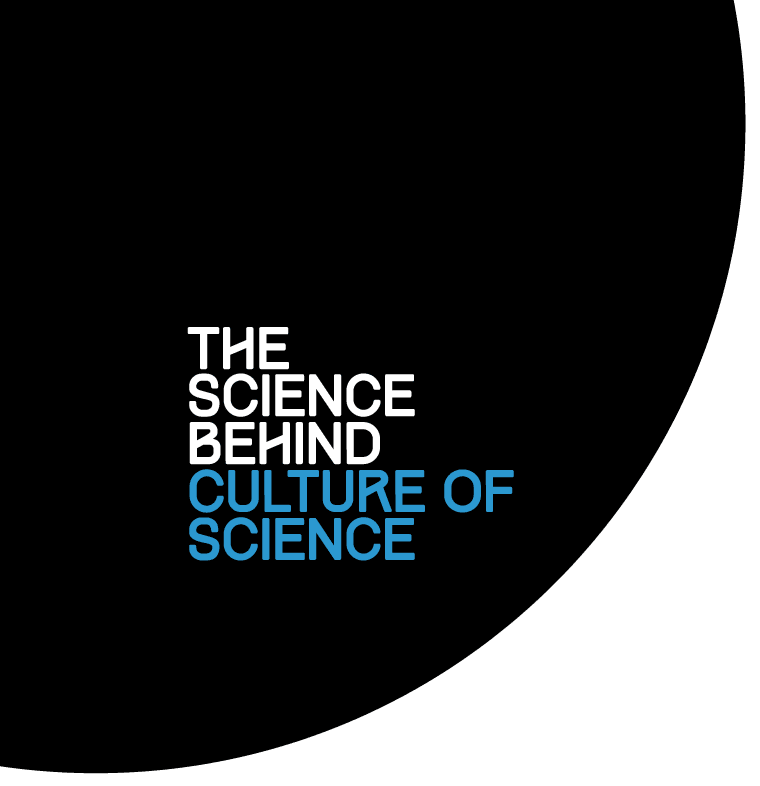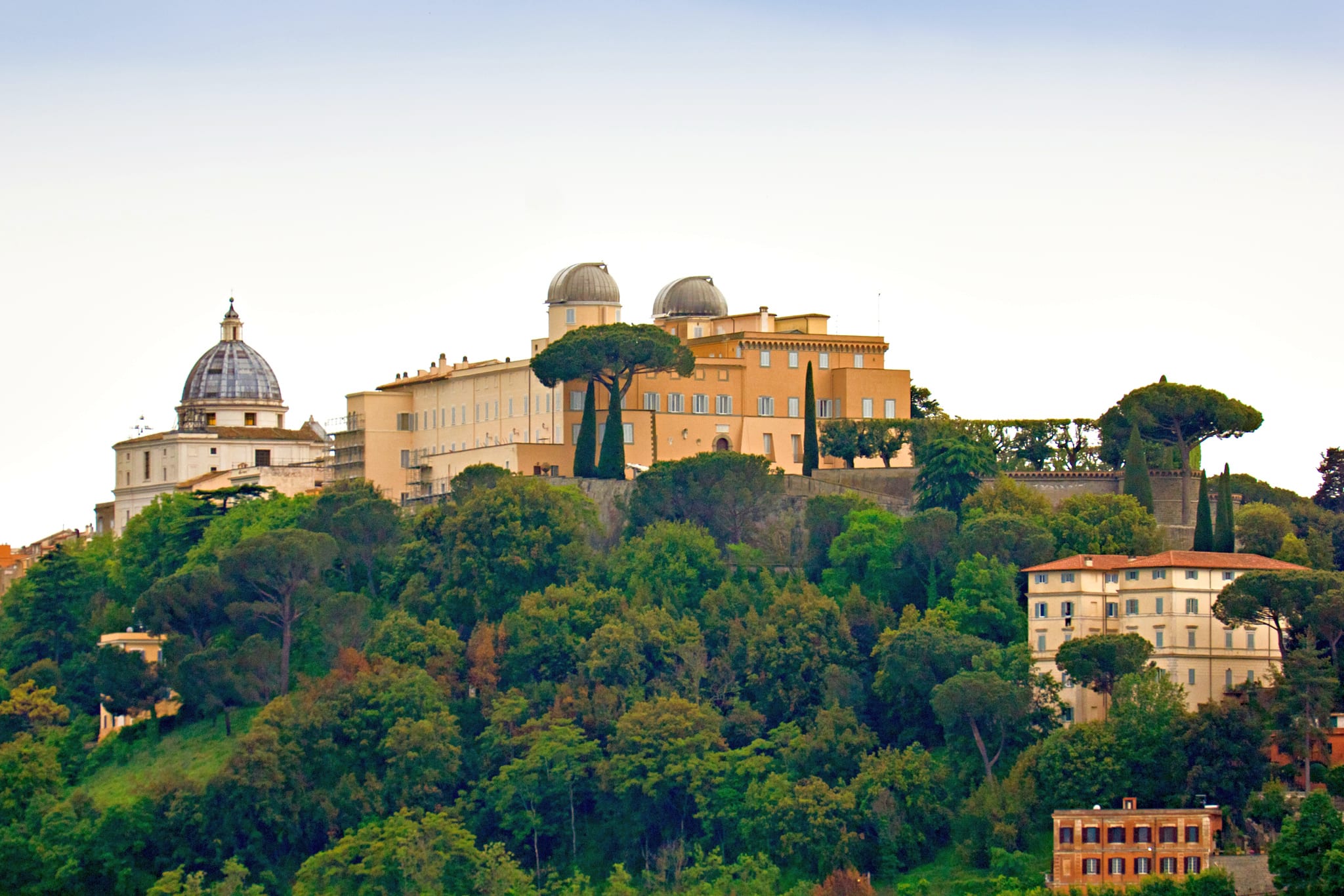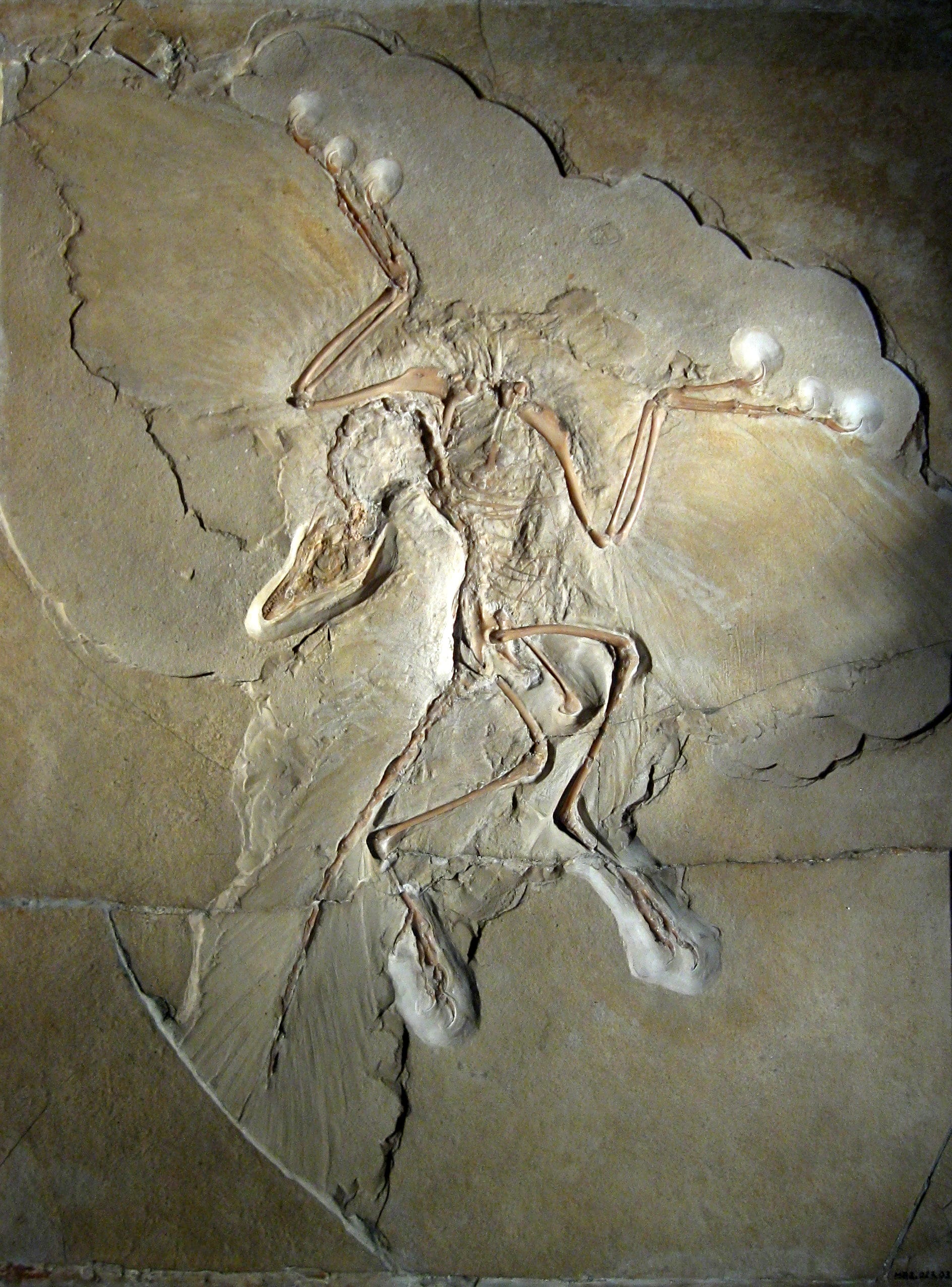Tell me more about the differences between science and religion.
Science and religion draw on different aspects of human experience. In science, explanations are based on evidence drawn from observing the natural world and conducting experiments. Because these explanations are based on evidence, they can be checked independently by others.
Scientific questions (aka hypotheses) are framed in ways so that they can be confirmed or disproved by evidence. If the evidence shows that the hypothesis is wrong, the hypothesis must be reframed and tested again or rejected.
Religious beliefs don’t depend only on empirical evidence. They can also be based on faith and typically involve supernatural forces or entities.













